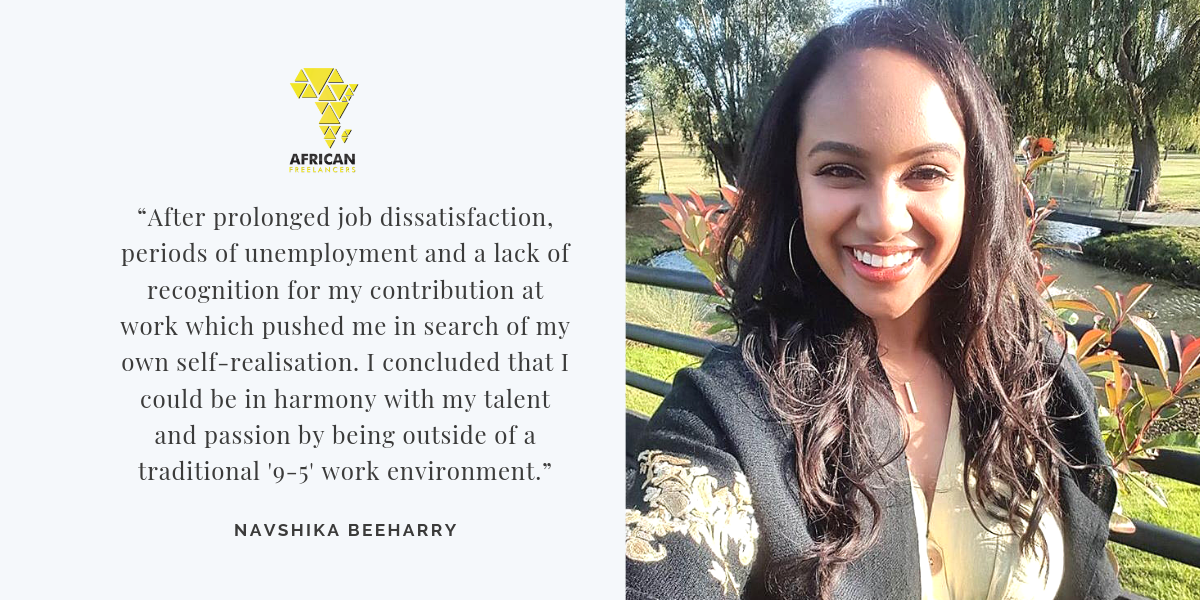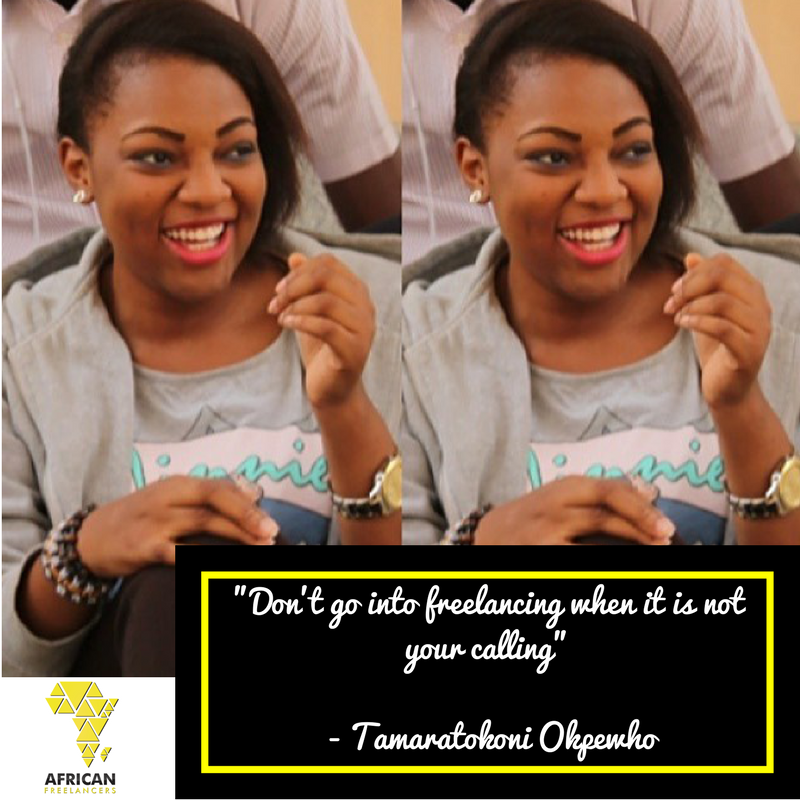Freelancing thrives on flexibility, but lasting success depends on consistency, especially in relationships. Building long-term client relationships in freelance work isn’t just about securing more projects; it’s about creating trust that turns clients into partners. When clients see you as someone who understands their goals and delivers with reliability, they’re far more likely to return and recommend you to others.
Long-term clients simplify your workflow, reduce marketing costs, and provide stability in an unpredictable market. They also give you room to grow professionally, because the more familiar you become with a client’s business, the more value you can offer. The key is learning how to move beyond the “project-by-project” mindset and build relationships that last.
How Freelancers Can Build Long‑Term Client Relationships
To build long-lasting client relationships, freelancers need more than just technical skill; they need a strategy. From understanding client goals to communicating effectively and delivering consistent value, every interaction contributes to trust and retention. The following sections outline practical ways to turn one-time projects into long-term partnerships that strengthen your freelance career.
Understand Your Client’s Goals and Pain Points
The foundation of every strong professional relationship is understanding. To build long-term client relationships in freelance work, you need to see beyond the brief and understand what the client is really trying to achieve. Every project exists to solve a problem. Your role is to identify that problem clearly and position your work as part of the solution.
Ask questions that reveal their goals, challenges, and priorities. For instance, instead of just asking, “What do you need written?” a freelance writer might ask, “What’s the main outcome you want this content to achieve?” This kind of curiosity shows that you care about results, not just tasks.
When clients feel understood, they begin to trust your judgment. That trust becomes the groundwork for loyalty.
Communicate Proactively and Professionally
Strong communication is the bridge between good work and great relationships. Clients want freelancers who keep them informed, clarify expectations, and respond promptly. Proactive communication shows reliability. It tells clients they can trust you to manage projects smoothly without constant supervision.
Start by setting clear timelines and feedback processes before work begins. Send short progress updates, even if there’s nothing major to report; it reassures clients that things are on track. When challenges arise, communicate them early and offer possible solutions instead of excuses.
Professional communication also includes tone and timing. Respect time zones, keep messages concise, and stay polite even when disagreements occur. Over time, this level of professionalism turns ordinary collaborations into trusted, long-term client relationships.
Deliver Quality Consistently
No strategy for building long-term client relationships that freelance professionals rely on will work without consistent quality. Clients return to freelancers who deliver dependable results, meet deadlines, and show steady improvement with every project. Consistency demonstrates reliability. It tells clients they can trust you to perform at the same high standard each time.
To retain freelance clients, treat every project as an opportunity to strengthen your reputation. Double-check deliverables, review client feedback carefully, and apply it to future work. If timelines or requirements change, communicate early and adapt quickly.
Over time, this reliability builds your credibility. Clients start to see you not just as a service provider, but as a dependable partner they can count on for repeat business and freelance opportunities.
Add Value Beyond the Contract
One of the best ways to build long term client relationships freelance professionals can sustain is by offering more than what’s expected. Clients remember freelancers who think beyond the task at hand and genuinely care about their success. This could mean suggesting improvements, sharing insights, or identifying opportunities that help the client achieve better results.

For instance, a designer might recommend a layout change that improves conversions, or a writer could share new keyword trends relevant to the client’s niche. These small, thoughtful gestures communicate commitment and initiative.
When you consistently add value beyond the contract, you strengthen trust and position yourself as a strategic partner and not a vendor. That’s how you retain freelance clients and create reliable repeat business freelance pipelines over time.
Build Trust Through Transparency and Integrity
Trust is the foundation of every lasting professional relationship. For freelancers, being transparent and honest, especially when things don’t go as planned, is what sustains long-term client relationships. Clients value freelancers who communicate openly about their capabilities, timelines, and limitations rather than overpromising and underdelivering.
Integrity also means taking responsibility when mistakes happen. Owning up, fixing issues quickly, and keeping the client informed can actually strengthen trust instead of damaging it. Over time, this kind of honesty helps retain freelance clients, because they know you’ll always be upfront and dependable.
When clients see you as someone who values trust over quick wins, they’re far more likely to return with repeat business freelance opportunities.
Keep the Relationship Warm After the Project Ends
The end of a project doesn’t have to mean the end of a relationship. Freelancers who nurture connections after delivery are more likely to enjoy long-term client relationships that lead to future work. Staying in touch shows genuine interest.
A simple follow-up message can make a difference. Check in a few weeks after project completion to ask how things are performing or share a relevant article or update. You can also send personalized notes during holidays or when launching new services.
These small, thoughtful gestures help retain freelance clients by keeping you top of mind. When another need arises, your name becomes the first one they remember.
Conclusion
Building long-term client relationships in freelance work requires intentional effort: understanding client goals, communicating openly, delivering consistent quality, and always adding value. These are the habits that turn short-term projects into ongoing partnerships.
When you focus on trust and reliability, you naturally retain freelance clients and attract more repeat business freelance opportunities. Clients come to see you as part of their team, not just a temporary hire. That reputation creates a steady flow of work, referrals, and a stronger professional network.
If you’re ready to take your freelance journey to the next level, explore more guides like this on AfricanFreelancers.com. Join our growing community of freelancers across Africa.





